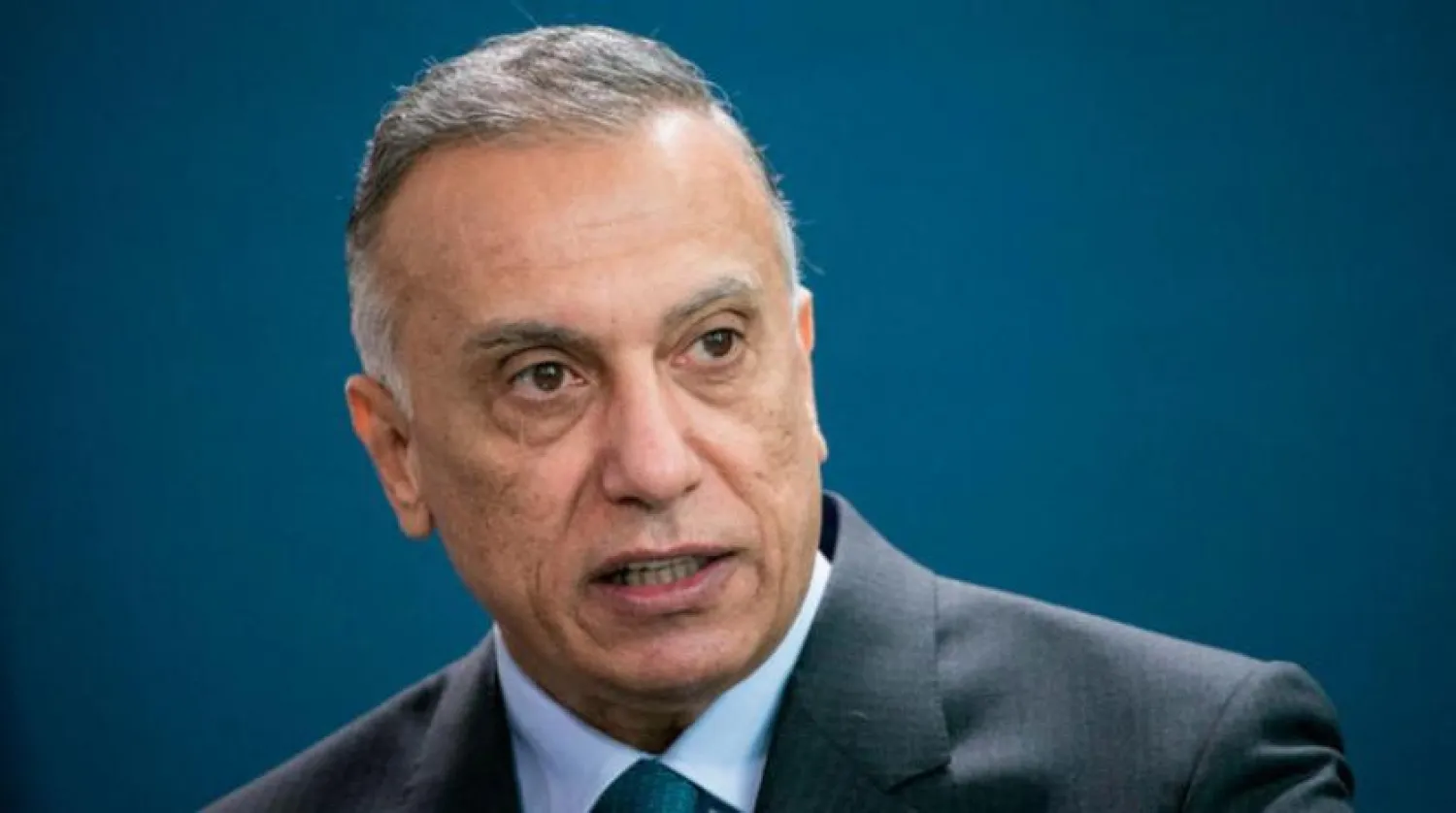Acting US Assistant Secretary of State Joey Hood spoke during a virtual forum last week about the complexities of consolidating stability in Iraq with the presence of Iranian-backed militias, saying "they have to leave us, and the Iraqis, alone.”
Hood further stressed that his country “is not at war” with Iraq.
The concept that Hood promotes about the partnership with Iraq is to some extent used by the Iranians to describe their relationship with the country, which they say is based on common interests primarily focused on “opposing the American project in the region.”
This raises more pressure on the Baghdad government and reduces its chances of adopting an independent strategy on the regional and international situation.
With the publication of this news analysis, Iraqi Prime Minister Mustafa Al-Kadhimi would be on his way to Washington to meet with US President Joe Biden and to complete the fourth round of the strategic dialogue, which includes a varied schedule, including discussions over the controversial withdrawal of combat forces from the country.
When the two presidents meet, they will have to talk frankly about the two countries’ intersecting paths regarding the conflict with Iran and the changes that have occurred in Iraq since Kadhimi met with former President Donald Trump in August 2020.
The Iraqi premier heads to the White House leaving behind a heated scene with armed factions rapidly gaining field and political influence, without any indications of a clear government policy to deter outlaw groups and impose the authority of government institutions on vital state facilities.
Last week, Asharq Al-Awsat quoted US officials close to the Biden administration as expressing disappointment with the performance of the Iraqi prime minister, as he “must do more to deter the armed factions.”
Decision-makers in Baghdad, however, say that Kadhimi was a very realistic person, and his containment policy was more effective than opening a broad front of violence.
The fact is that the Iraqi premier and his government team are based in a small area of influence within the country’s political arena. A senior Iraqi officer told Asharq Al-Awsat that confrontation between the two parties was not possible, as “the influence of the factions literally starts from the Green Zone.”
It seems that the Americans are fully aware of the difficult equation in Iraq. General Kenneth McKenzie, the commander of the US Central Command, was closely monitoring the field developments and provided a flood of data and information about Iraq’s struggle with the armed factions.
But Baghdad continues to bet on the “principle of dialogue” to achieve the minimum level of calm. In this regard, Iraqi Foreign Minister Fouad Hussein called on Iran to intervene to stop the attacks on diplomatic missions.
“This doesn’t seem enough,” a Western diplomat told Asharq Al-Awsat, noting that Kadhimi must “devise other solutions and be more courageous.”
Nonetheless, the position of the White House tends to continue to support Kadhimi, for objective considerations, the most important of which is that the Iraqi premier is “an independent person who is not loyal to Iran,” and that the opportunity to achieve a more stable equation is still available, according to US diplomatic sources.









